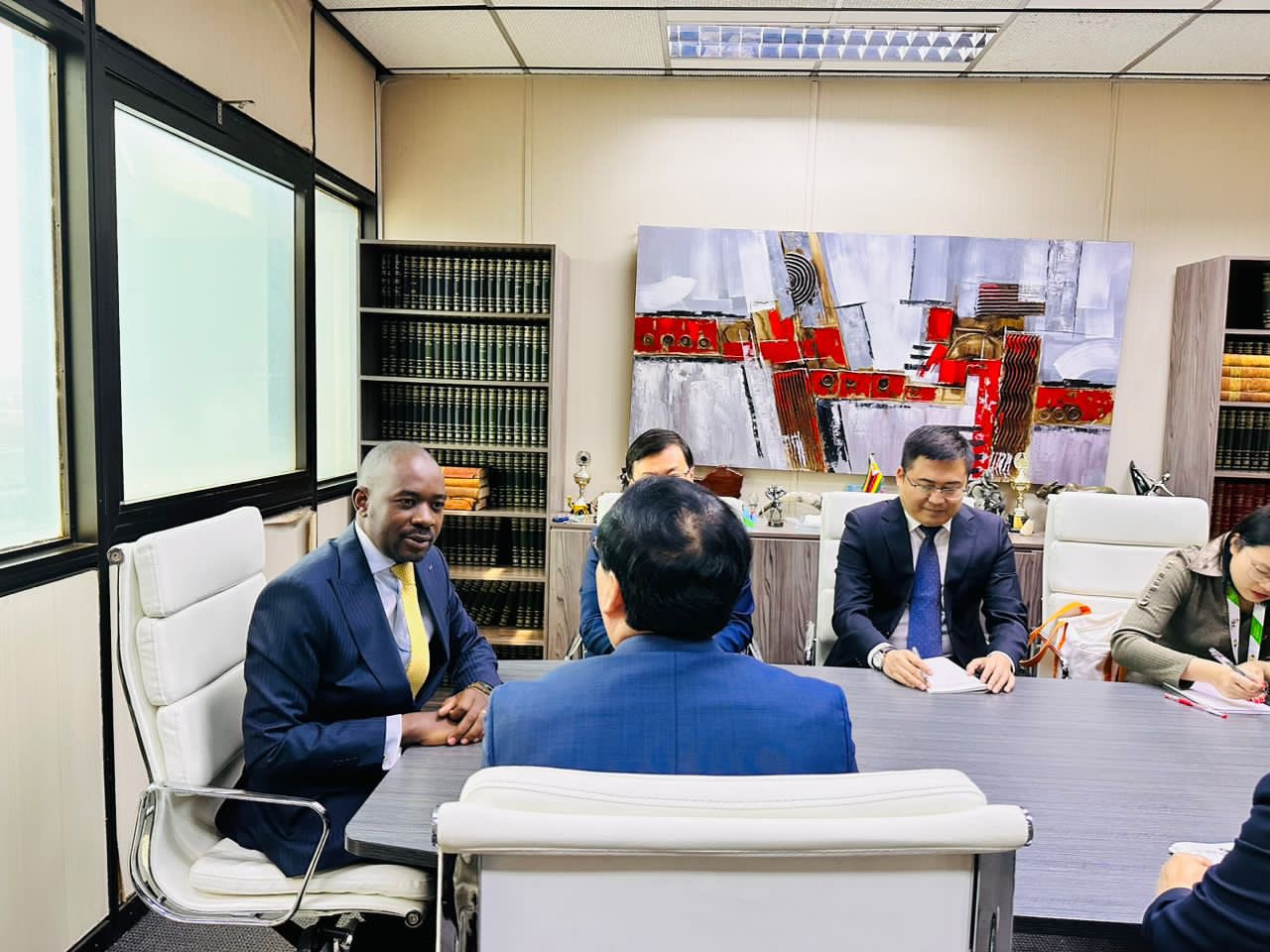By Hopewell Chin’ono
This year, I have been traveling a lot more for work, but whenever I am back home in Zimbabwe, diplomats from various countries crucial to Zimbabwe’s affairs come home for a chat or invite me for a meal at their homes.
I know that many may not want to hear this, but all the diplomats I have spoken to this time around have written off the opposition’s chances for 2028.
One said to me that their planning for any potential real electoral contest is now focused on 2033 because the opposition leadership has proved not to be ready or able to take on ZANU-PF.
They mentioned that all they hear from the opposition are excuses for why they can’t fulfil their opposition duties, adding that the opposition has become a place for explaining why certain things can’t be done.
One of them told me that elections have become a business for the opposition leadership to enter parliament and secure funding for political parties instead of fighting for real change.
They also spoke about how the opposition mimics ZANU-PF in making ludicrous promises that can’t be fulfilled and the failure to understand that ZANU-PF owes the opposition party nothing except rule of law to the nation.
I gathered that many of the embassies, including the key Western ones except for one, are now focused on working with what is there regardless of how imperfect it is, an indictment on how the opposition has lost the plot.
Some African diplomats talked about how the opposition fails to respond to issues like the ZiG with a coherent response, save for individuals like Fadzayi Mahere who delve into the crux of issues comprehensively.
“It can’t be a viable opposition if it only appears during election time with big rallies but goes underground during the five-year term,” said one of them.
“We work with what we have, and at the moment, there is no opposition in Zimbabwe,” they added.
The general feeling is that some of the opposition leaders are on a ZANUPF payroll… how else do you explain their lack of urgency and commitment to oppose and provide a framework for change of how they will do it in the next five years,” said one.
They also talked about how the ZANU-PF system of leadership tyranny is replicated in the opposition to silence those opposed to certain hate brained ideas.
Put simply, the diplomatic community has lost hope of any viable opposition politics emerging anything soon, one even joked that ZANUPF’s opposition is now inside ZANUPF itself.
“We are back to 2014, and it seems there won’t be change anytime soon save for a miracle,” they said.
I know that the opposition doesn’t like people like myself informing our followers about these things, but it is our duty to do so for the citizens and for history to be recorded correctly when we are gone.
It is up to the opposition to deal with the pervasive sentiment among diplomats that the opposition in Zimbabwe is weak, deeply compromised than we think, and that it is not in a position to effectively challenge ZANUPF in the near future in its current construct.
The general perception that the opposition lacks readiness, commitment, and coherence in its approach, and that some leaders may even be compromised is now widely shared beyond whispers.
The concern that the opposition mirrors some of the problematic aspects of ZANUPF, such as leadership tyranny and silencing dissent also explains why the diplomatic community has lost hope in the emergence of a viable opposition anytime soon, something that has significant implications for Zimbabwean politics and its economic prosperity!
“They are useless,” is the mostly used phrase in my discussions with the diplomats.
The over-reliance on propaganda that doesn’t align with reality continues to harm the opposition.
Propaganda by social media influencers won’t alter the perspectives held in diplomatic circles, and ZANUPF is winning the battle against the opposition in this regard.
“They are luck ZANUPF scores own goals,” said one of the diplomats. May be an image of one or more people, crowd and text.













